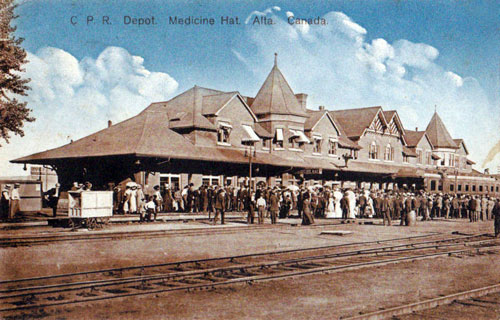In two earlier articles entitled, “Bill-C45: The Cannabis Act and the Canadian Visitor to the United States” and more recently, “Cannabis, Medical Marijuana and the Canadian Visitor to the United States of America”, I discussed in some detail, the legalization of “cannabis” in Canada and the implications for the Canadian Visitor to the United States. Embedded in these articles is an explanation about the legal anomaly that exists in the United States, where legalization of “marijuana” has become a “patchwork” of legislation and regulations, both at the State and Federal level. A handful of States have legalized the substance both for recreational and medicinal purposes in varying degrees, while the Federal Government (which includes the Department of Homeland Security and the Customs and Border Service), considers “cannabis” or “marijuana” to be a controlled substance, under Section I of the Controlled Substance Act (CSA), 21 U.S.C. § 802(16), such that its possession and use continues to be a serious criminal offence in the United States. This is potentially problematic for the Canadian visitor and those involved in the “cannabis” industry in Canada, which I explained.
CBD and THC: “What’s it all about Alfie?”
With the legalization of “cannabis” in Canada and several States in the U.S., (including California), I lamented in one of my those articles that it was unlikely, given the average age of the typical “Snowbird” that the use of “cannabis” for recreational purposes would become a popular leisurely retirement activity. On the other hand, as evidenced by some recent discussions with some close friends and relatives, the therapeutic use of “cannabis” or other forms of the substance and its derivatives is receiving more and more attention, and those suffering from a myriad of aliments from sleep disorders, insomnia, anxiety, depression and chronic pain are apparently finding some relief. Some have reported that its use has a “calming” effect and that it allows one to be more focused and not as “stressed out” thereby creating a healthier and more positive outlook on life.
Most of my knowledge on this subject was limited to two common acronyms–CBD and THC, both being components of “cannabis” with each having their own unique qualities. As a former Federal Drug Prosecutor, THC was well known to me in my former life as being the active component of cannabis that produces a “high” or psychotropic effect in terms of its recreational and at the time, illegal use.
How things have changed?
More recently, CBD has become a popular term and has increasingly crept into our vocabulary and “adult” conversation at our regular “Happy Hour”. Some of my friends have been touting it as a new “wonder drug” offering many anecdotal positive experiences.
At the risk of offending those from the Mediterranean island, all of this was “Greek” to me and somewhat of a mystery, so I thought it might be a useful exercise to examine this area more closely and try to clarify the mystic surrounding these acronyms –CBD and THC and offer some incite into the multitude of new “products” now being promoted commercially in the United States and Canada.
